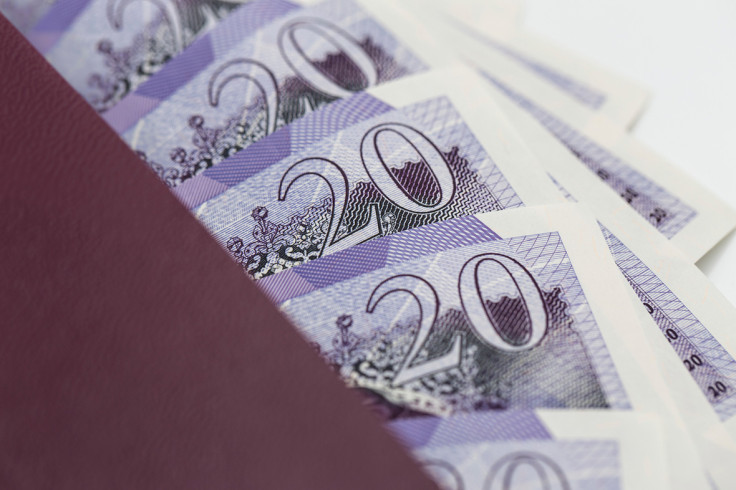FX Focus: Pound recovers from first plunge below $1.27 since 1985
British currency saw another day of sharp declines before calm prevailed in European trading.

The pound plunged below $1.27 for the first time since 1985 on Wednesday (5 October), before staging a minor recovery from historic lows brought on by UK Prime Minister Theresa May's announcement that her government would trigger Article 50 – the prelude to exit talks from the European Union – by the end of March 2017.
Earlier in the session, the pound fell versus the greenback to $1.2687, before rising by a modest 0.09% to $1.2740 at 3:30pm BST, still lurking in the region of 31-year lows. The British currency also took a tumble versus the euro before recovering to €1.13770, up 0.23% intraday.
Kit Juckes, head of forex at Societe Generale and IBTimes UK columnist, there is no "new news" to drive sterling lower on Wednesday morning (October 5).
"The Conservative party conference keeps social media busy and newspapers full of things to write about, but the implosion of Ukip probably tells us everything we need to know about where the Conservatives stand on the political spectrum now.
"There's nothing to justify more sterling weakness today, plenty of reasons to think a short-covering rally is due, and even more reasons to remain strategically bearish and short versus the Norwegian krone, euro and dollar."
Away from the pound, the euro remained relatively flat versus the dollar changing hands at $1.1199, down 0.04%. Meanwhile, the US dollar registered gains well into the European session, rising 0.14%, and 0.55% versus the Canadian dollar and yen, changing hands at CAD$1.3210 and ¥103.47 respectively.
FXTM chief market strategist Hussein Sayed said upcoming data will be crucial for the greenback, with Friday's non-farm payrolls report likely to be a key indicator to shape expectations for the Fed's December meeting.
"The US economy is expected to add 170,000 jobs in September, compared with 151,000 in August, meanwhile unemployment rate has been forecast to hold steady at 4.9%. Average earnings, forecast to rise to 0.3% in September from 0.1% in August, will share the same importance as the headline figure, as it might suggest that the American labour market has finally started to tighten."
© Copyright IBTimes 2025. All rights reserved.






















